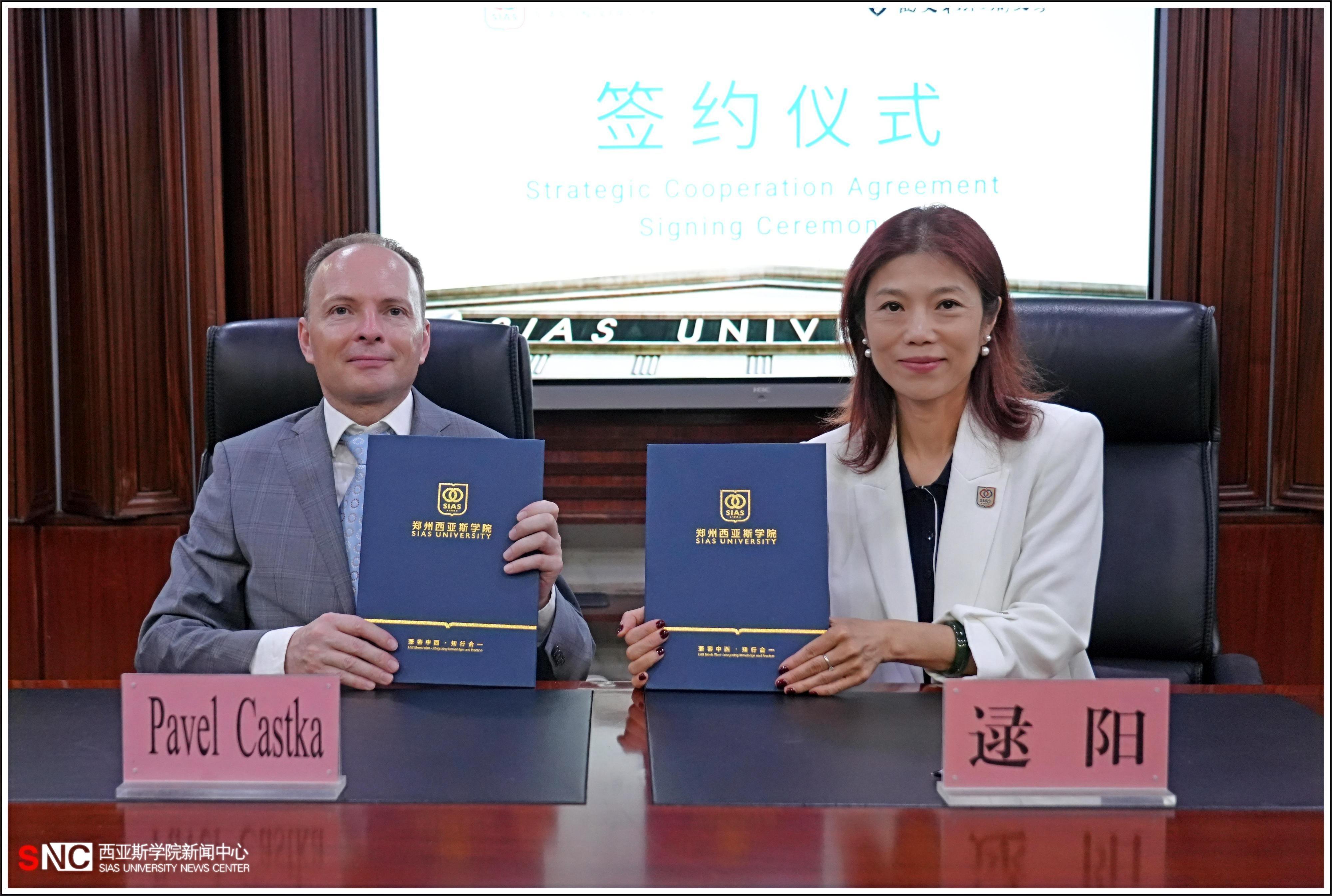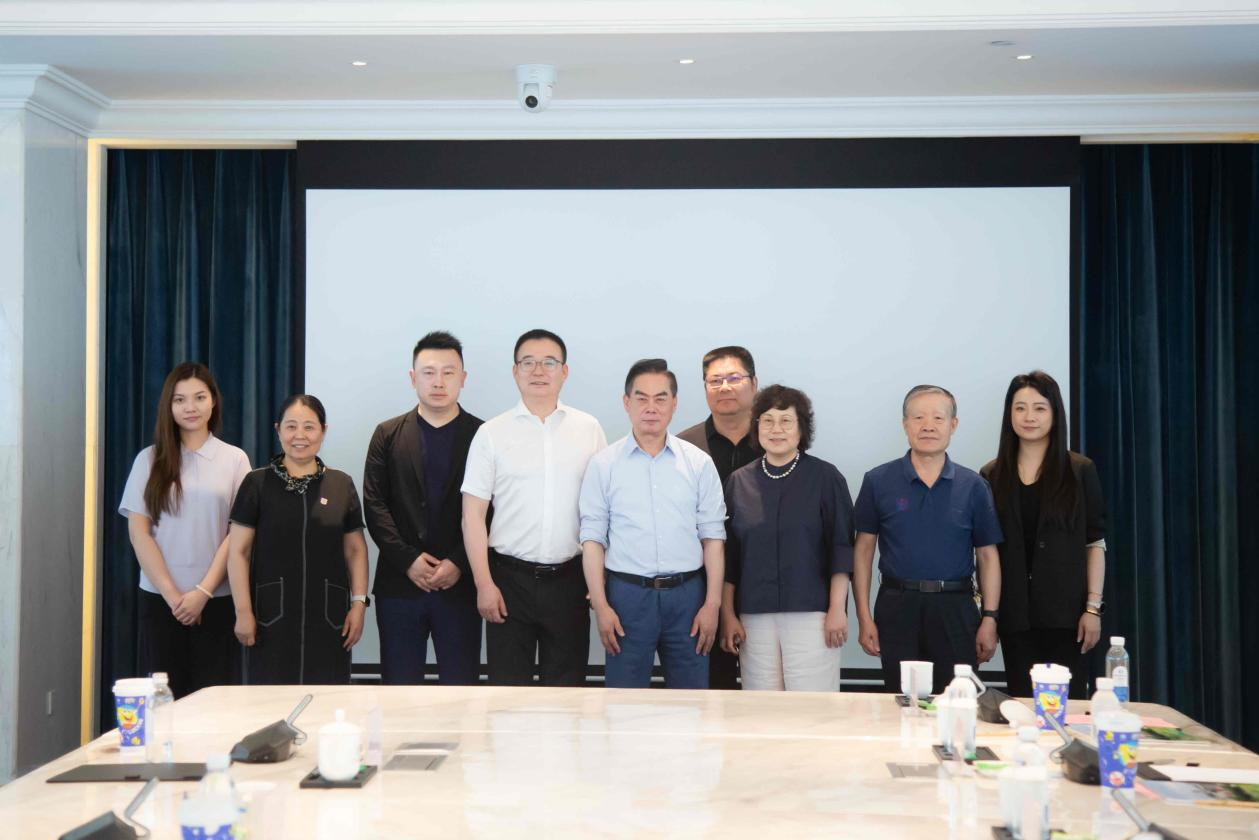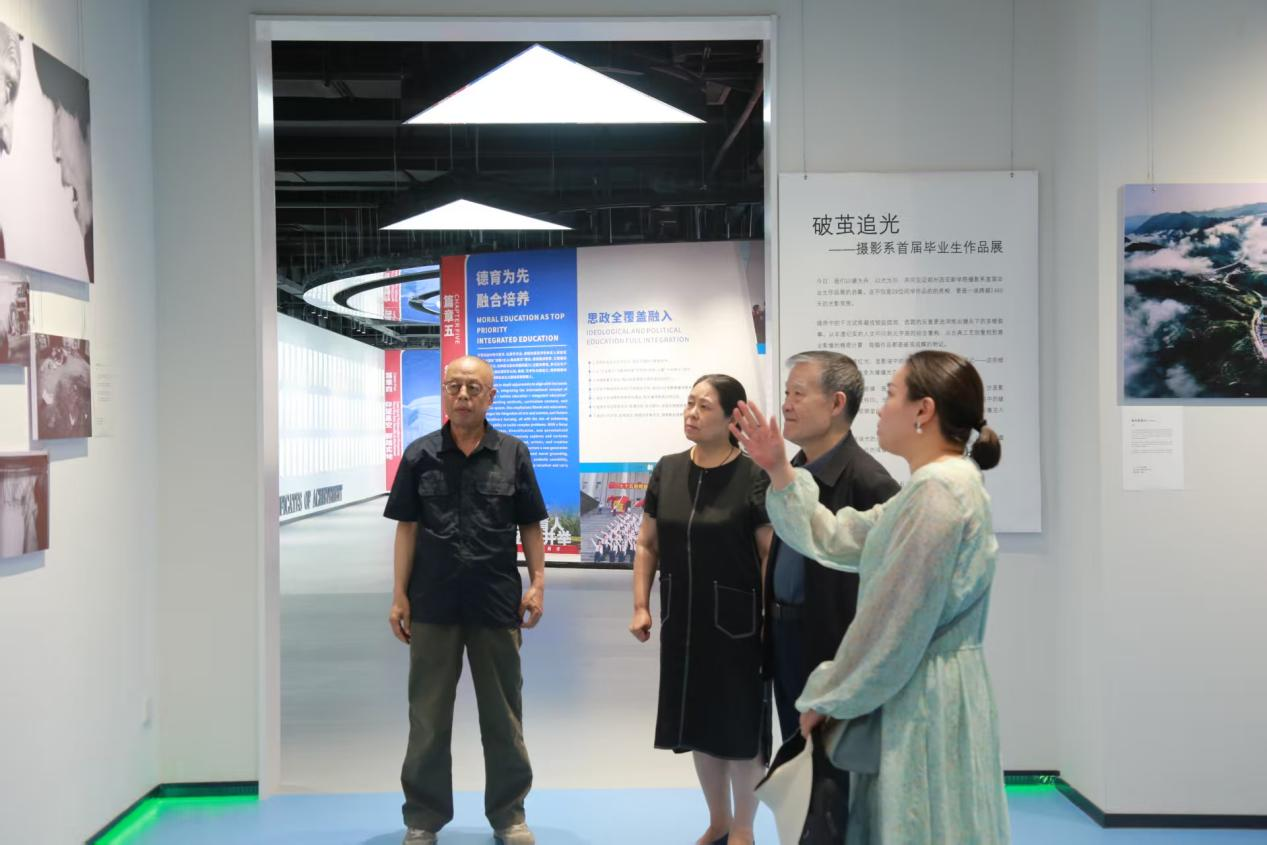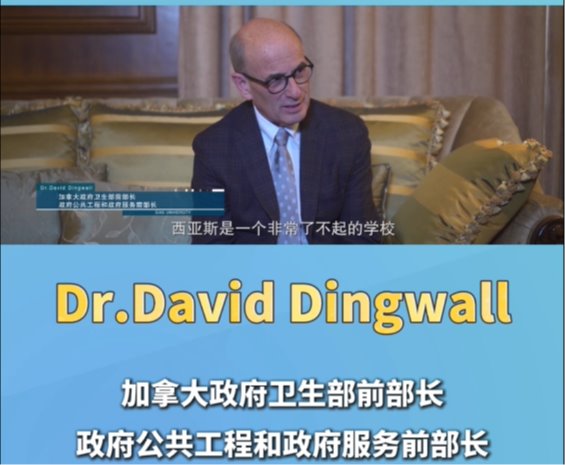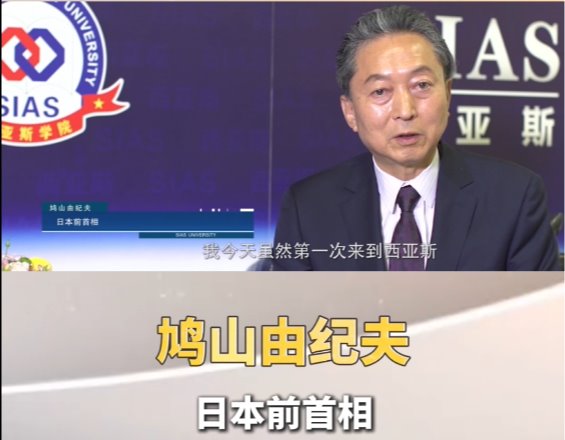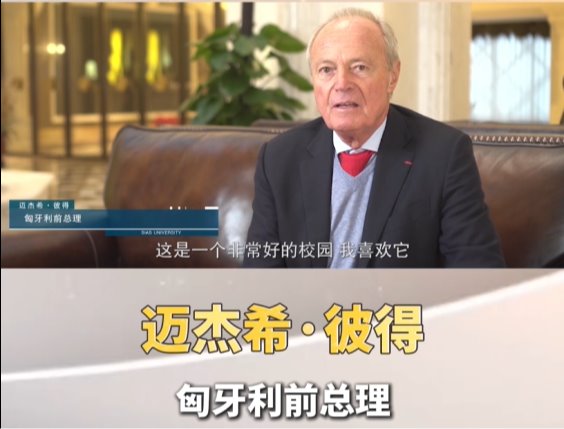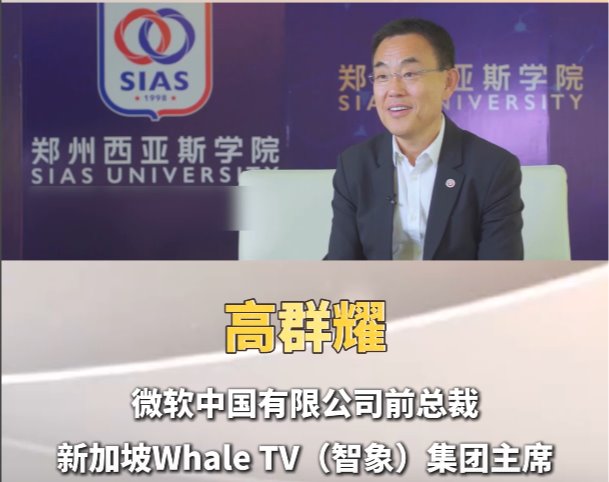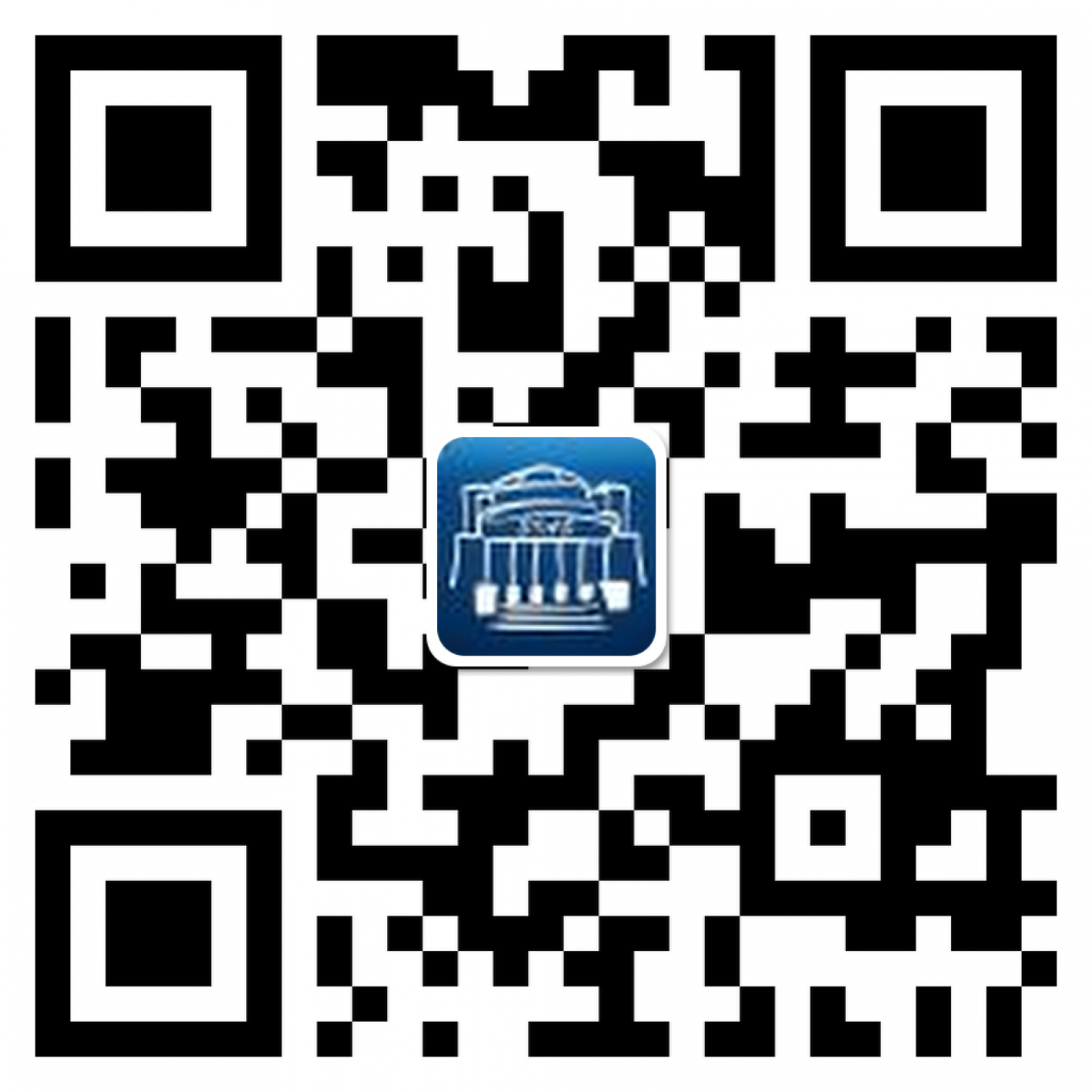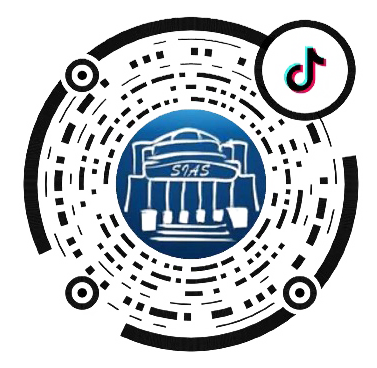On March 12th, Sias University convened a Promotion Meeting of Empowering Education and Teaching Work with AI at Instruction Opera House Theater, centering its discussions around the pivotal theme of "Reconstructing the Core of Education: AI Three-Dimensional Strategy." This gathering aimed to explore in depth the avenues through which artificial intelligence technology could seamlessly integrate with educational practices, while also mapping out crucial tasks for the upcoming phase of reform and development. Dr. Shawn Chen, Founder and Chairman of Sias University, presented a special report that captivated the audience. Furthermore, the conference had the honor of hosting Richard Tong, Chairman of the AI Standards Committee of the Institute of Electrical and Electronics Engineers (IEEE), who generously shared his pioneering experiences and perspectives on leveraging AI in education. Gathering more than 1,000 attendees, including Sias leadership, middle-level administrators, subject leaders, and representatives from the frontline teaching staff, the conference served as a collective endeavor to chart the course for educational innovation. The meeting was presided over by Ma Jiansheng, Secretary of the CPC SIAS Committee of Sias University.
Focusing intently on the theme of the meeting, Dr. Chen embarked on a discourse, starting with the thriving development of China's AI industry. He highlighted the international acclaim garnered by DeepSeek, the remarkable achievements of AI in the realms of science, technology, and academia, and its extensive application in colleges and universities across the globe. Emphasizing the pivotal role of AI in propelling national development and bolstering the construction of a formidable higher education system, Dr. Chen pointed out that, in tandem with global trends, current AI technology is revolutionizing the landscape of education worldwide with a disruptive force. He cautioned that if colleges and universities clung steadfastly to traditional teaching methods, they would face the peril of becoming obsolete.
In his report, Dr. Chen comprehensively introduced Sias's active exploration and implementation in various fields, including the construction of smart classrooms, holographic teaching interaction, 5G-enabled non-perceptual teaching supervision, and AI resource innovation. He reviewed Sias's endeavors and achievements in digitization, intelligence, and AI, emphasizing that the reconstruction of the core of education is a pivotal task facing Sias at present. Furthermore, he posed a probing question: "How should we approach the reform of the AI teaching mode at Sias?" This question sparked intense reflection among the educators in attendance. Dr. Chen stressed that AI-proficient students will be the future competitive edge, urging teachers to break free from traditional thinking and embrace AI tools. Otherwise, they may fail to cultivate talents who can keep pace with the times. Although Sias has made considerable preparations, Dr. Chen emphasized the need for continued advancement, particularly in the areas of educational content reconstruction, teaching methodology innovation, and assessment system reform. He called on all teachers to actively engage in the AI teaching reform with a "self-revolutionary" spirit, striving to establish an AI education system with unique Sias characteristics, in order to make greater contributions to the cultivation of high-quality talents who can meet the needs of future societal development.
Richard Tong introduced the implementation plan of the "AI+X Pilot Program" with the title of "AI+X Pilot Program Implementation at Sias: AI-enhanced Education from a Multidisciplinary Perspective." The pilot project will initially concentrate on core disciplines such as computer science, business, mathematics, and English, with the intent of revolutionizing the teaching paradigm through three primary facets: the practical application of curriculum content, the nurturing of cross-disciplinary AI literacy, and the enhancement of human-computer collaboration skills. This comprehensive approach is designed to equip students with the skills necessary to thrive in a future society increasingly shaped by AI. Throughout the implementation phase, computer science students will engage deeply in the development of applications using AI programming tools, while business students will embark on simulating AI-driven marketing strategies. The classroom experience will be enriched by the introduction of the "Socrates Interactive Playground" (SPL) intelligence, which provides teachers with real-time learning data feedback to inform their instructional strategies, powered by AI analysis. Scheduled to commence in March and conclude in June, 2025, the pilot program will encompass ten classes, involving approximately 300 students and 20-30 teachers. The ultimate aspiration is to broaden the program's scope, encompassing all subjects within the university, thereby amassing invaluable experience for a thorough rollout of AI education across Sias University. Richard Tong emphasized the importance of shifting the examination focus to assessing students' proficiency in leveraging AI to solve complex challenges. Furthermore, the role of teachers will evolve from mere "knowledge transmitters" to "learning facilitators," fostering a proactive embrace of AI among both educators and learners. The program strives to cultivate a culture of continuous learning, where everyone is encouraged to embrace AI technologies and tools, enhance their interdisciplinary AI literacy, and coexist harmoniously with AI.
During the interactive questioning session, participants actively raised inquiries about the challenges they faced in their teaching practices concerning the integration of AI technology, the pathway to enhancing digital literacy, and the concept of curriculum system innovation. Dr. Chen and Richard Tong meticulously addressed each question posed by the teachers, offering insightful and practical suggestions to help navigate these complexities.
This meeting served as both a work deployment session and a forum for the exchange of ideas. Everyone present expressed their commitment to actively respond to Sias's call, endeavoring to enhance their personal AI application skills and contributing to the reform of education and teaching within the school. Looking ahead, Sias remains steadfast in upholding the concept of "Reconstructing the Core of Education: AI Three-Dimensional Strategy," continuously exploring and innovating. Sias strives to create an AI-empowered education and teaching model that embodies its unique characteristics, ultimately contributing to the cultivation of more high-quality talents to meet the demands of future society.
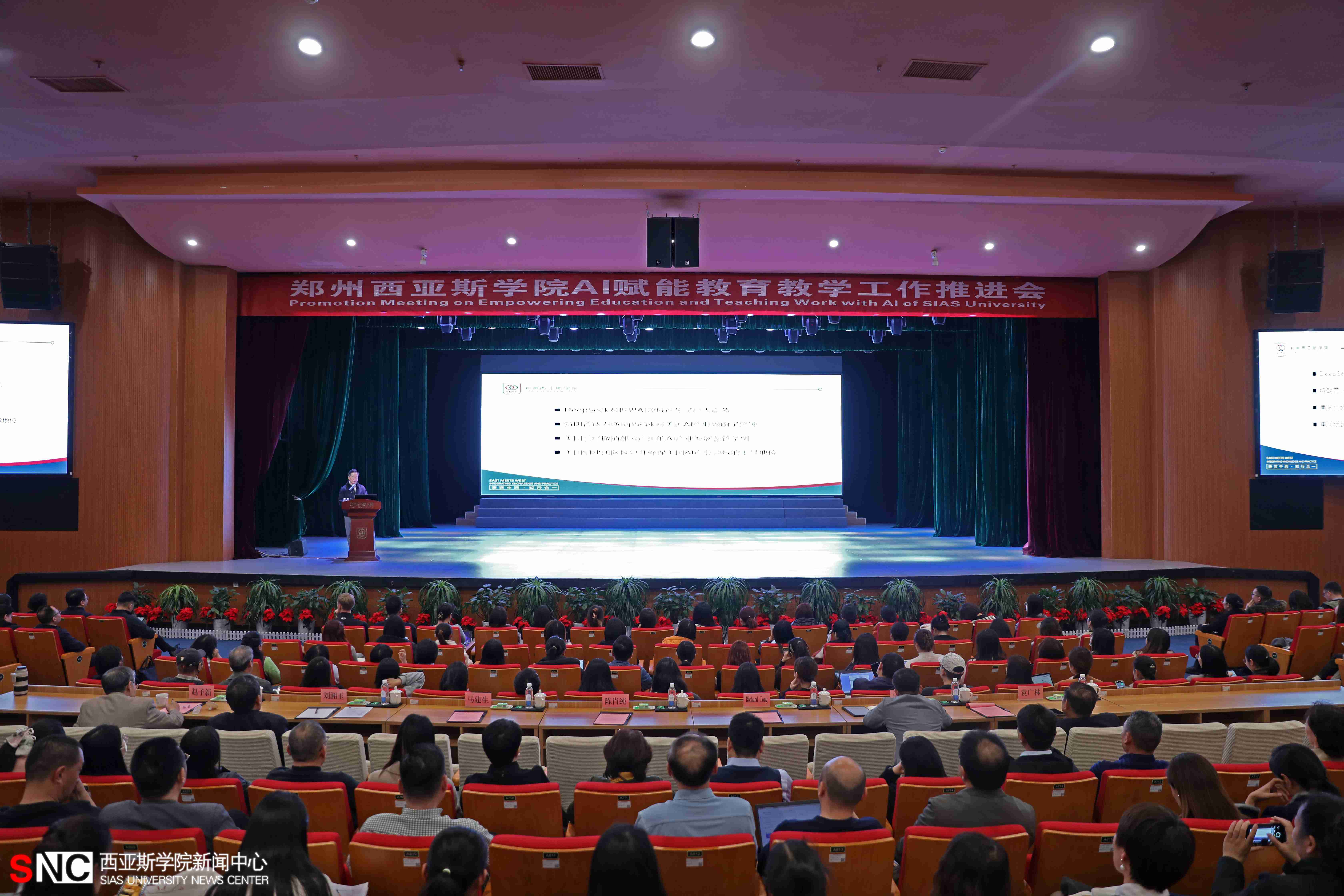
Sias Held Promotion Meeting of Empowering Education and Teaching Work with AI
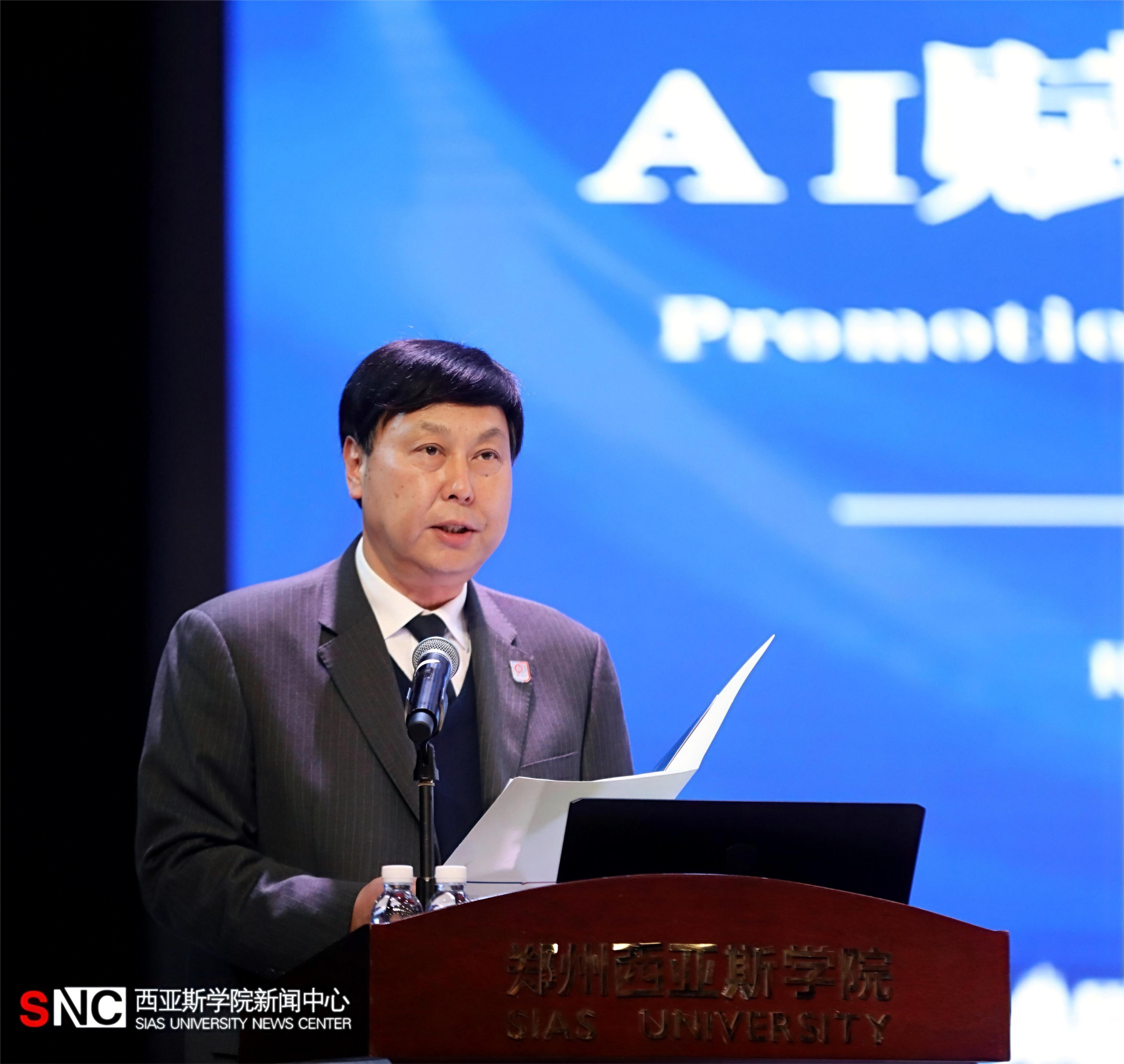
Ma Jiansheng, Secretary of the CPC SIAS Committee of Sias University, presided over the meeting.
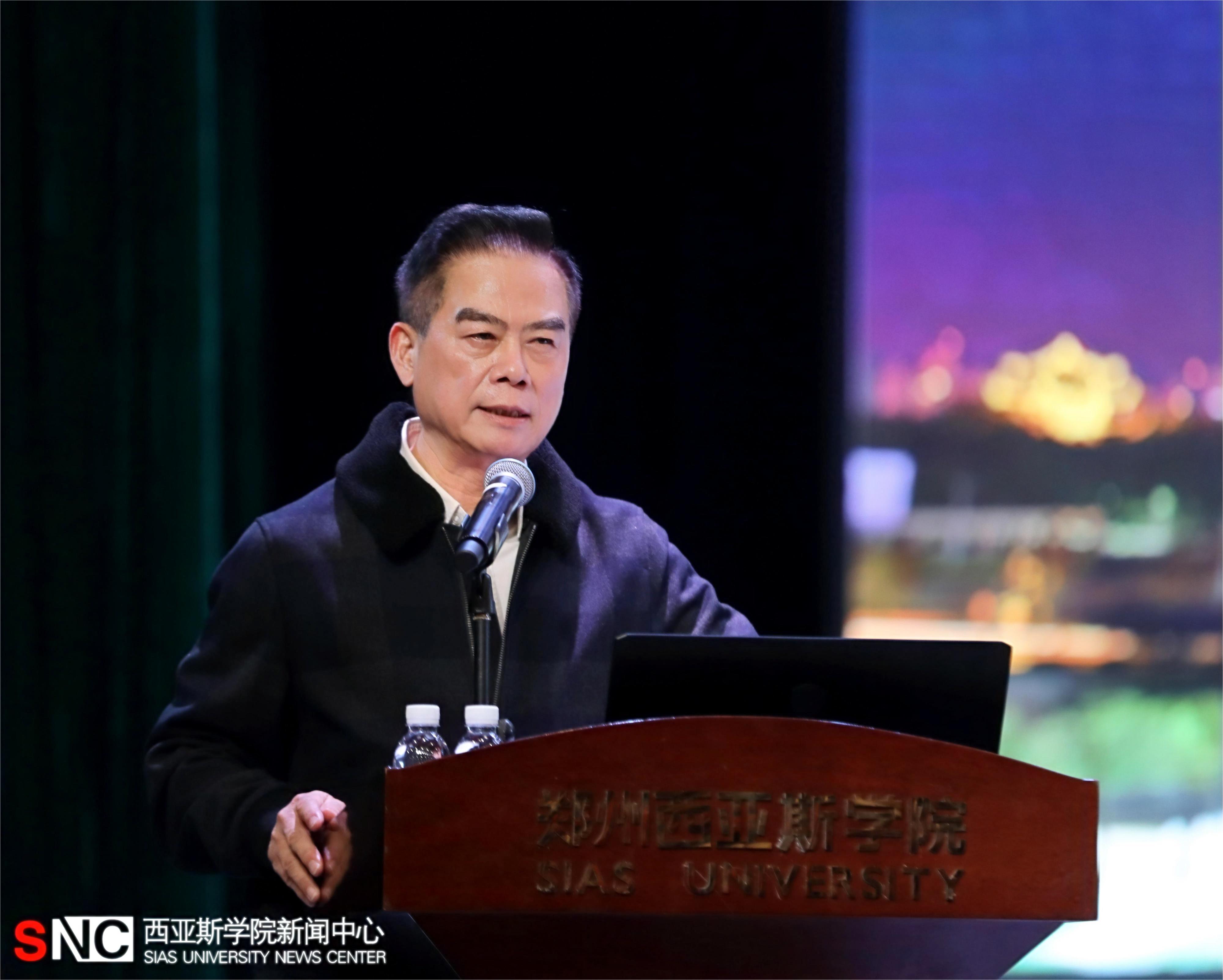
Dr. Shawn Chen, Founder and Chairman of Sias University, delivered a speech.
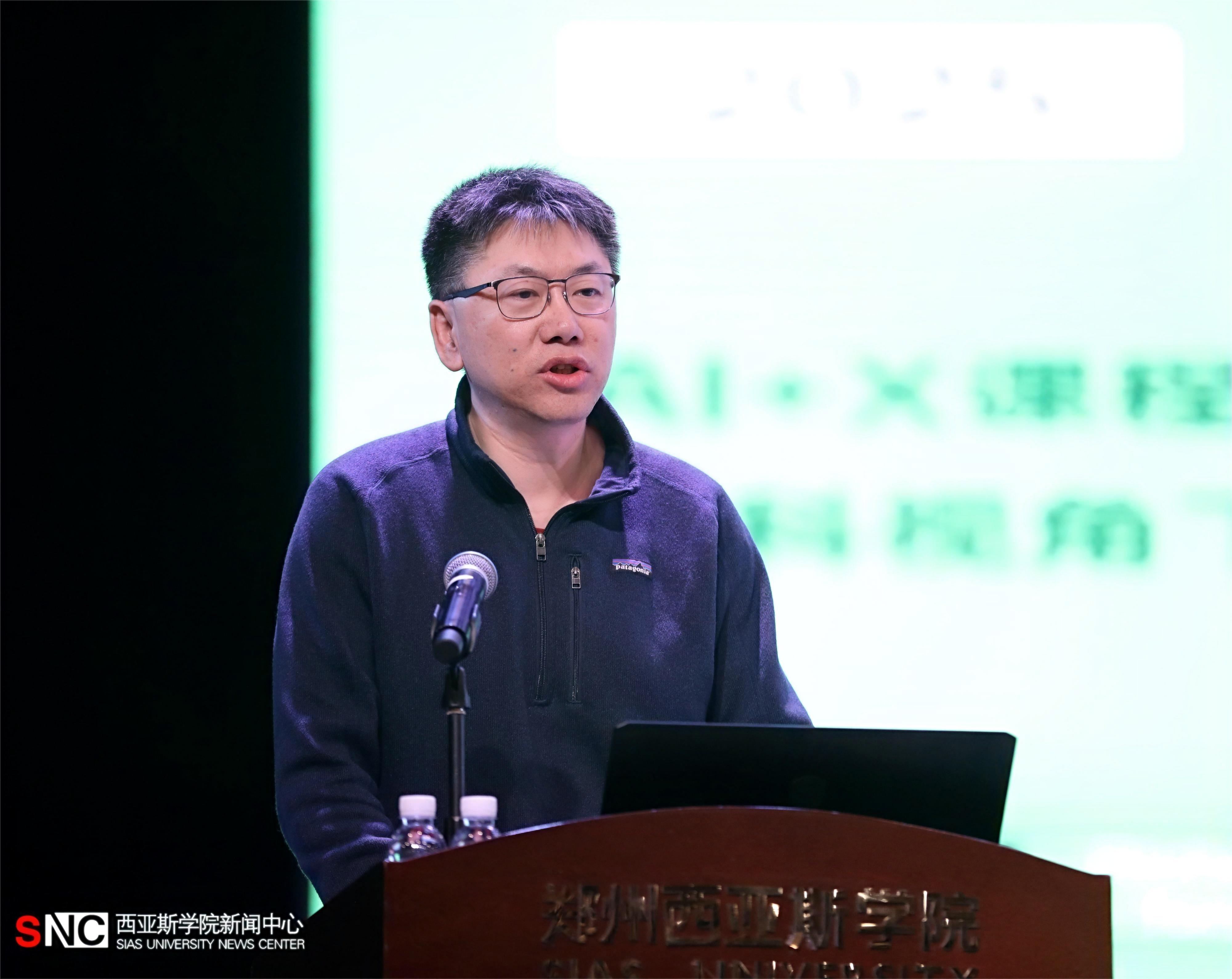
Richard Tong, Chairman of the AI Standards Committee of the Institute of Electrical and Electronics Engineers (IEEE), delivered a speech.






